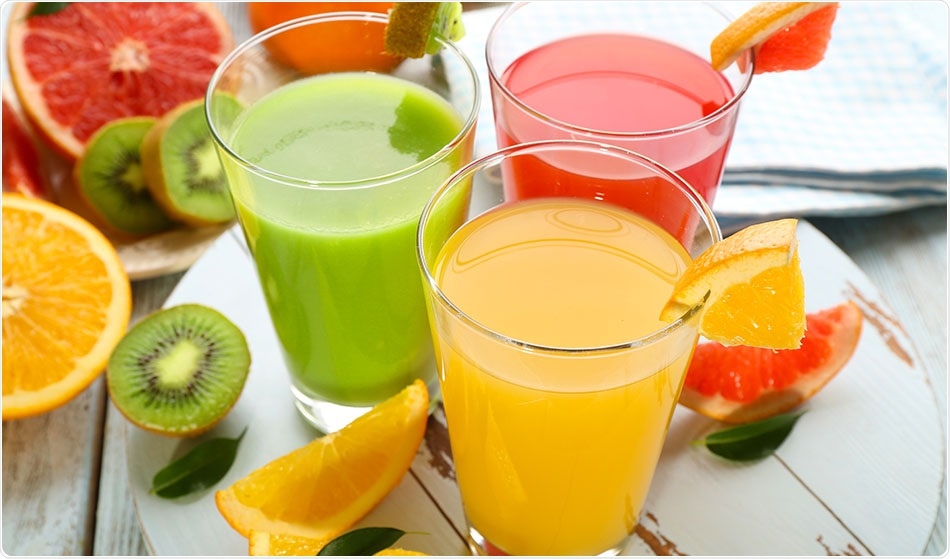In continuation of my update on pomegranate and its importance in the diet, I found this info interesting to share with...
Earlier studies have suggested that the pomegranate’s antioxidant and anti-inflammatory properties have a positive impact on health. Scientists at the University of Liverpool and the Suranaree University of Technology, Thailand, wanted to understand its effect on uterine contractions to explore new ways of treating women who may experience difficult labours. Currently the only available drug to treat women with a poorly contracting uterus is oxytocin, a hormone which only works approximately 50% of the time, so there is need of a good drug.
Earlier studies have suggested that the pomegranate’s antioxidant and anti-inflammatory properties have a positive impact on health. Scientists at the University of Liverpool and the Suranaree University of Technology, Thailand, wanted to understand its effect on uterine contractions to explore new ways of treating women who may experience difficult labours. Currently the only available drug to treat women with a poorly contracting uterus is oxytocin, a hormone which only works approximately 50% of the time, so there is need of a good drug.
The team identified β-Sitosterol, which inhibit the absorption of cholesterol in the intestine (as the main constituent of pomegranate seed extract) could be used as a natural stimulant to encourage the uterus to contract during labour.
I would say this activity (stimulation of uterine contractions) is an interesting out come from the research group, because β-Sitosterol has been (earlier) reported ;
a) in treatment of hypercholesterolemia;
b) to possess anticancer activity (prostate & breast);
c) in a small study, it shows a positive effect on male hair loss in combination with Saw palmetto.
Researchers, also found that β-Sitosterol concentration is more in the pomegranate seed extract rather than pomegranate juice itself and by adding this seed extract to the uterus tissue samples from animals they found that the muscle cells increased their activity.
The reason for this activity, (as claimed by the researchers) is due to a rise in calcium, which is necessary in order for any muscle to contract (which is usually affected by hormones, nerve impulses and some drug treatments) . So further studies like how β-Sitosterol in pomegranate extract could increase calcium are essential and might lead to an interesting step towards identifying new ways of treating dysfunctional labour ..more..




